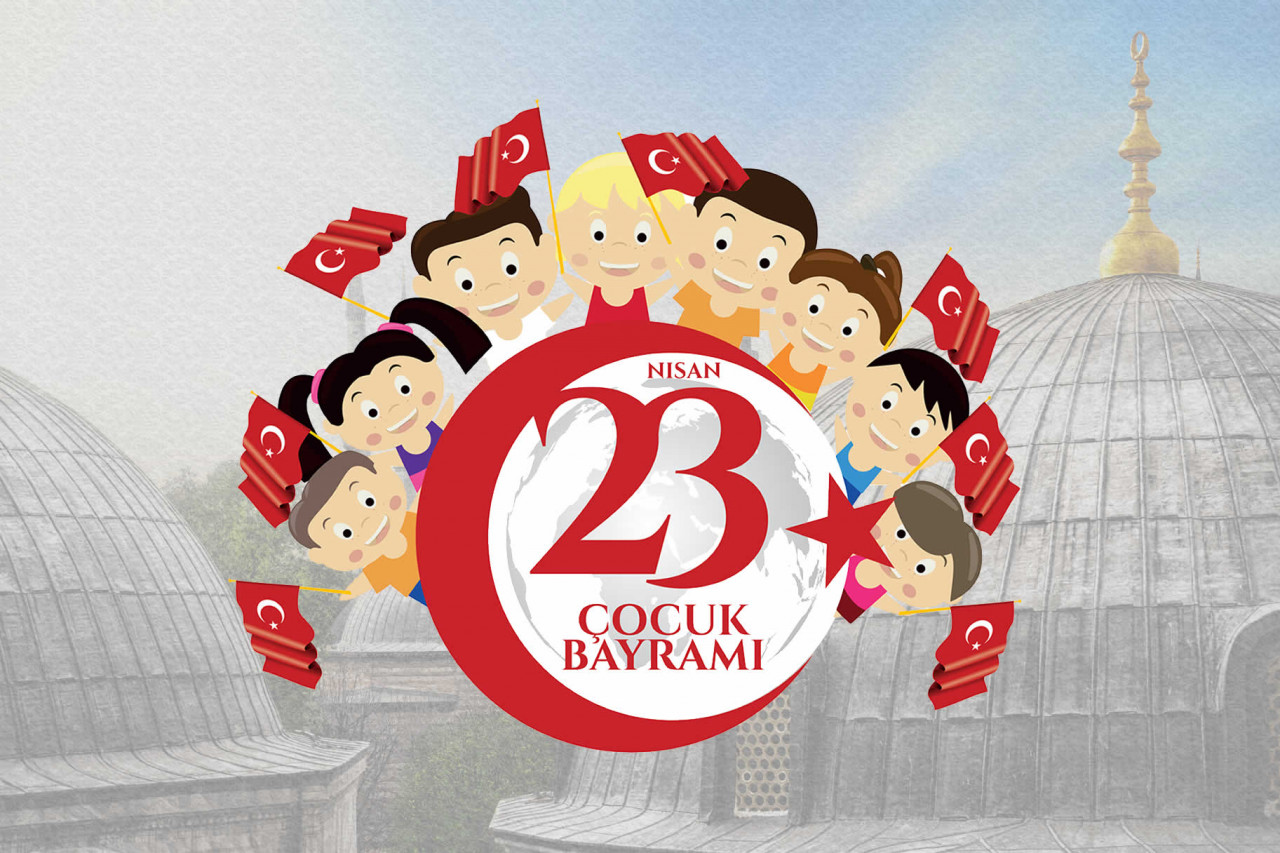National Sovereignty and Children's Day in 2026

The holiday commemorates the first opening of the Grand National Assembly of Turkey at Ankara in 1920
When is National Sovereignty and Children's Day?
| Year | Dates |
|---|---|
| 2026 | |
| 2025 | |
| 2024 |
When is National Sovereignty and Children's Day?
National Sovereignty and Children's Day (Ulusal Egemenlik ve Çocuk Bayramı) is a national holiday in Türkiye, always celebrated on April 23rd.
Known as "23 Nisan", the day commemorates the first opening of the Grand National Assembly of Turkey at Ankara in 1920.
History of National Sovereignty and Children's Day
On April 23rd 1920, during the War of Independence, the Grand National Assembly, the nation's unicameral parliament, met in Ankara to begin to lay the foundations of the new Turkish republic after the end of the Ottoman Empire.
To mark the event, April 23rd was proclaimed a national holiday in 1921, making this the first public holiday in the new republic.
Since 1927 it has also become Children's Day, when the founder of the Turkish Republic, Mustafa Kemal Atatürk, dedicated April 23rd to the children of Turkey to recognise that children are the future of the nation. With this, Türkiye became the first country in the world to celebrate an official Children's Day, as a gift to the children in Türkiye and around the world.
In 1979, UNICEF recognised this important national day as an international event. In the years since 1979, Turkey has hosted thousands of children from 150 different countries on Children's Day.
How is National Sovereignty and Children's Day celebrated?
To mark National Sovereignty and Children's Day, School children participate in week-long ceremonies marked by singing and dancing performances in sports fields across Turkey, culminating with a large performance in the national soccer stadium in Istanbul. Children also receive toys and sweets as gifts from their parents.
A unique way the day is celebrated is that children take over the government of Türkiye for the day. In a tradition that was started by Ataturk in 1933, children replace the normal members of the Grand National Assembly and hold a special session to discuss children's issues and even sign executive orders relating to educational or environmental policies. The children are specifically orphans and children from poor families with educational achievements.
Since the recognition by UNICEF in 1979, efforts have been made to internationalise the day. Many countries will send groups of children to join in the festivities representing their local culture and even attend the children's Grand National Assembly. The children celebrate their cultural differences in stadium-sized ceremonies. Kids are invited to share poems, songs, folk dances and scientific collaborations with one another.
Government offices and schools are closed on this public holiday. Public transport routes may vary depending on the location of street performances and the roads will be busy so be prepared for heavy traffic.
